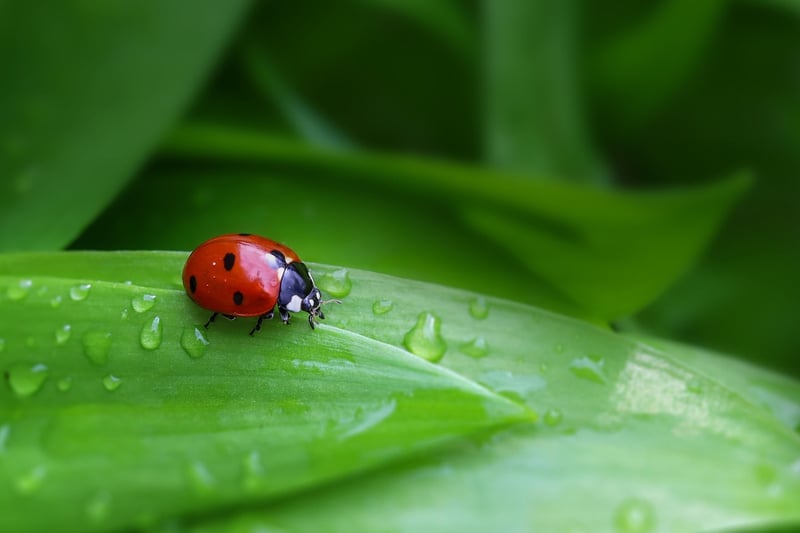Pest Control
Keep Your Garden Thriving with Effective Pest Control
Welcome to your go-to guide for maintaining a flourishing garden by effectively managing pests. A beautiful garden requires ongoing care and attention to keep it healthy and vibrant. One of the essential aspects of garden maintenance is pest control. By using the right strategies, you can protect your plants from damage and ensure that your garden continues to thrive. Let's explore some eco-friendly pest control methods to help you maintain a pest-free garden.
1. Identify Common Garden Pests
The first step in pest control is to identify the common pests that may be affecting your garden. Some of the most common garden pests include aphids, snails, slugs, caterpillars, and spider mites. By recognizing these pests, you can take targeted action to eliminate them and prevent further damage to your plants.
2. Use Natural Predators
Introducing natural predators into your garden is an effective way to control pest populations. Ladybugs, lacewings, and praying mantises are beneficial insects that feed on common garden pests. By attracting these natural predators to your garden, you can establish a natural balance that keeps pest populations in check.
3. Neem Oil Spray
Neem oil is a natural and eco-friendly insecticide that can help control a wide range of garden pests. It works by disrupting the feeding and reproductive patterns of insects, ultimately leading to their demise. Regularly spraying your plants with neem oil can help prevent pest infestations and protect your garden.
4. Companion Planting
Companion planting involves growing certain plants together to benefit each other in various ways. Some plants naturally repel pests or attract beneficial insects. For example, planting marigolds can help deter aphids, while attracting pollinators like bees. Research companion planting strategies to create a pest-resistant garden.
5. DIY Pest Control Sprays
You can create your own DIY pest control sprays using common household ingredients like garlic, chili peppers, and soap. These homemade sprays can effectively repel pests without harming your plants or the environment. Experiment with different recipes to find the most effective solution for your garden.
6. Regular Maintenance
Consistent garden maintenance is essential for preventing pest infestations. Remove any weeds, fallen leaves, or debris that could harbor pests. Regularly inspect your plants for signs of pest damage and take prompt action to address any issues before they escalate.
By incorporating these eco-friendly pest control methods into your gardening routine, you can effectively manage pests and keep your garden healthy and thriving. Remember that a balanced ecosystem is key to a pest-free garden, so aim to create a harmonious environment where beneficial insects can thrive alongside your plants.
Happy gardening!

